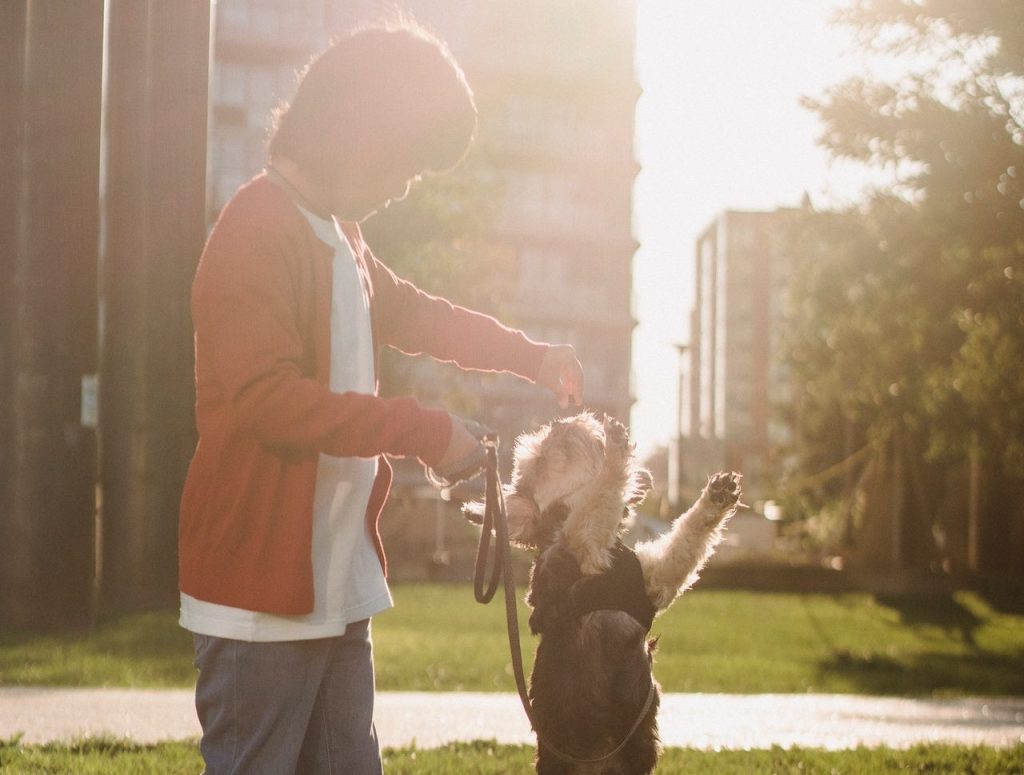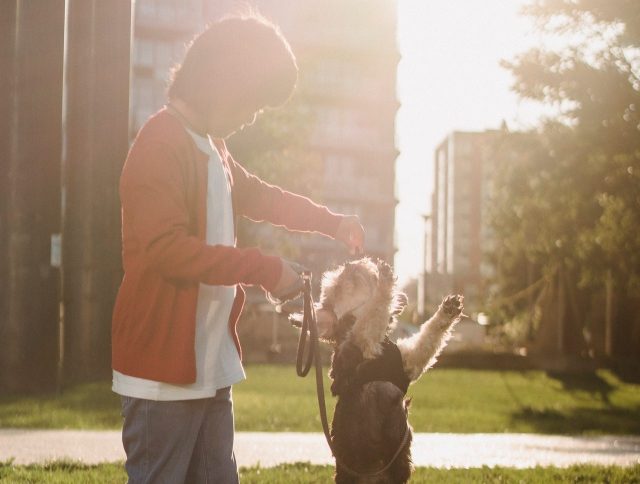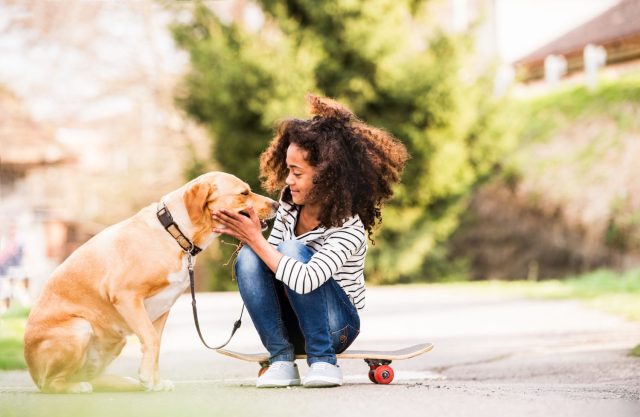Recently published research from the University of British Columbia Okanagan campus shows that therapy dogs can help children to build social skills.
The study, which was published in the Journal of Research in Childhood Education, looked at the impact that working with therapy dogs had on 22 children from the Okanagan Boys and Girls Club over the course of six weeks. Researchers utilized therapy animals from the Building Academic Retention through K9s, or BARK program, to learn more about how the children could learn from and with the dogs.

photo: Sam Lion via Pexels
During the six-week program the children were taught new social skills, such as giving directions to other people. Each child practiced their new skill with a therapy dog—and then with the rest of the participant group. Following practice with the dogs and the other children, the participants then tried out their new skills with university students.
Dr. John-Tyler Binfet, associate professor in the School of Education and director of BARK, said of the program, “Therapy dogs are often able to reach children and facilitate their growth in surprising ways. We saw evidence of this in the social skills of children when they were paired with a therapy dog.”
Researcher and master’s student in the School of Education, Nicole Harris, said, “Findings from our observations suggested that canine-assisted social and emotional learning initiatives can provide unique advantages. Our team saw that by interacting with the therapy dogs, the children’s moods improved and their engagement in their lessons increased.”
After the program ended, Harris interviewed eight of the children. The researcher found that each child felt the social skills training program was enjoyable. The children also said the dogs were a meaningful part of the training program.
––Erica Loop
RELATED STORIES
Here’s Why Families Are Dancing in Their Kitchens
Are Americans Walking More Now? This Survey Has Answers
New Survey Reveals What It’s Really Like Trying to Conceive













